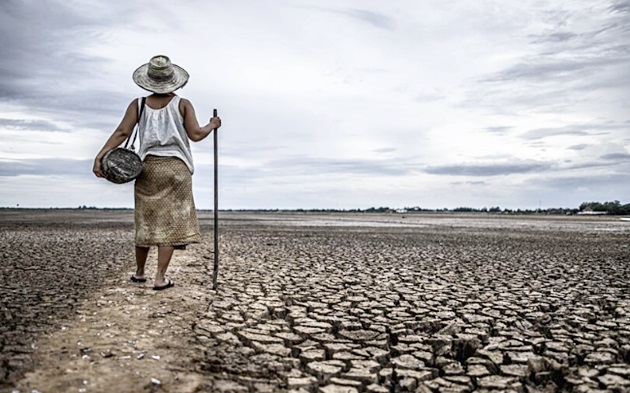758

Its “Vision for the Future of Agriculture” outlines key principles, including the idea of “no ban without alternatives”. What’s needed now is to turn these principles into practical, concrete measures, especially in the simplification package expected in autumn 2025.
Alongside colleagues in the Copa-Cogeca Plant Health Working Group, we propose four straightforward principles that could prevent the worst outcomes while giving clarity and perspective to farmers and industry stakeholders.
- Reform the reauthorization process to restore a more balanced, science-based cost-benefit/risk assessment. Too many active substances are being withdrawn on grounds that, in our view, lack sound scientific basis or risk evaluation.
- Accelerate the approval of alternative solutions, such as biocontrol products and new genomic techniques. But we must acknowledge that farmers can’t expect one-to-one replacements overnight. Research and market rollout take time. Therefore, transitional measures are needed to prevent production bottlenecks.
- Support agronomic and technical assistance initiatives to help farmers adopt new crop protection practices.
- And crucially—as already recognized in the Commission’s Vision—we must strengthen the protection of EU standards in trade policy. Otherwise, just as we now face carbon leakage, we’ll increasingly face “plant health leakage”—the relocation of crop production and its environmental impact outside the EU.
In this and many other agricultural matters, Europe’s future—and its food security—are at stake in the months ahead. If we can’t protect our own crops, there won’t be much left to say, “Enjoy, it’s from Europe.”
Between political dogma and an unsustainable status quo, a reasonable path forward exists—one shaped by pragmatic decisions and honest dialogue with agricultural stakeholders.
(Photo: Freepik)




